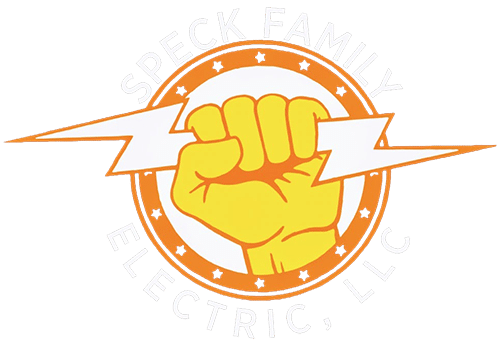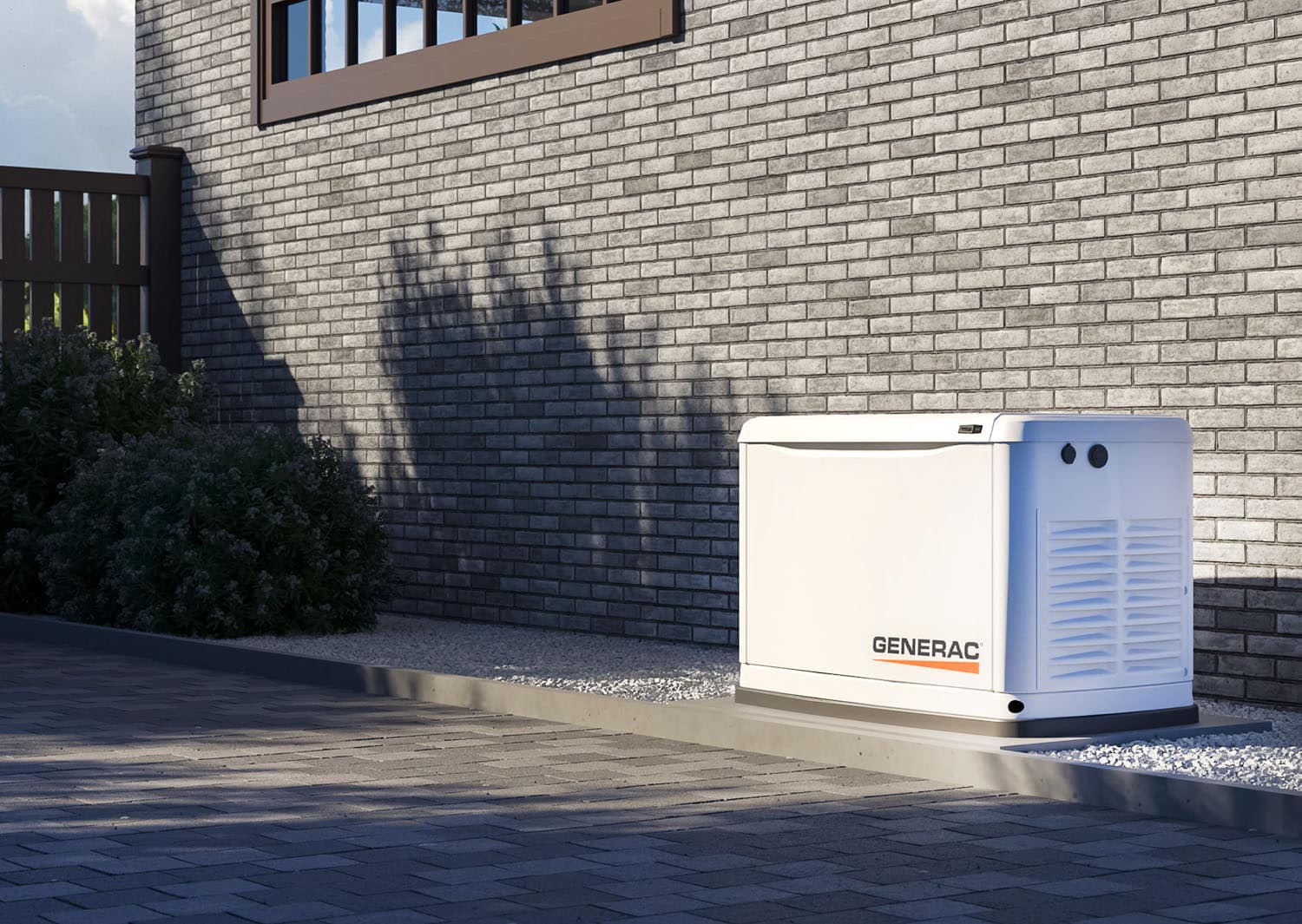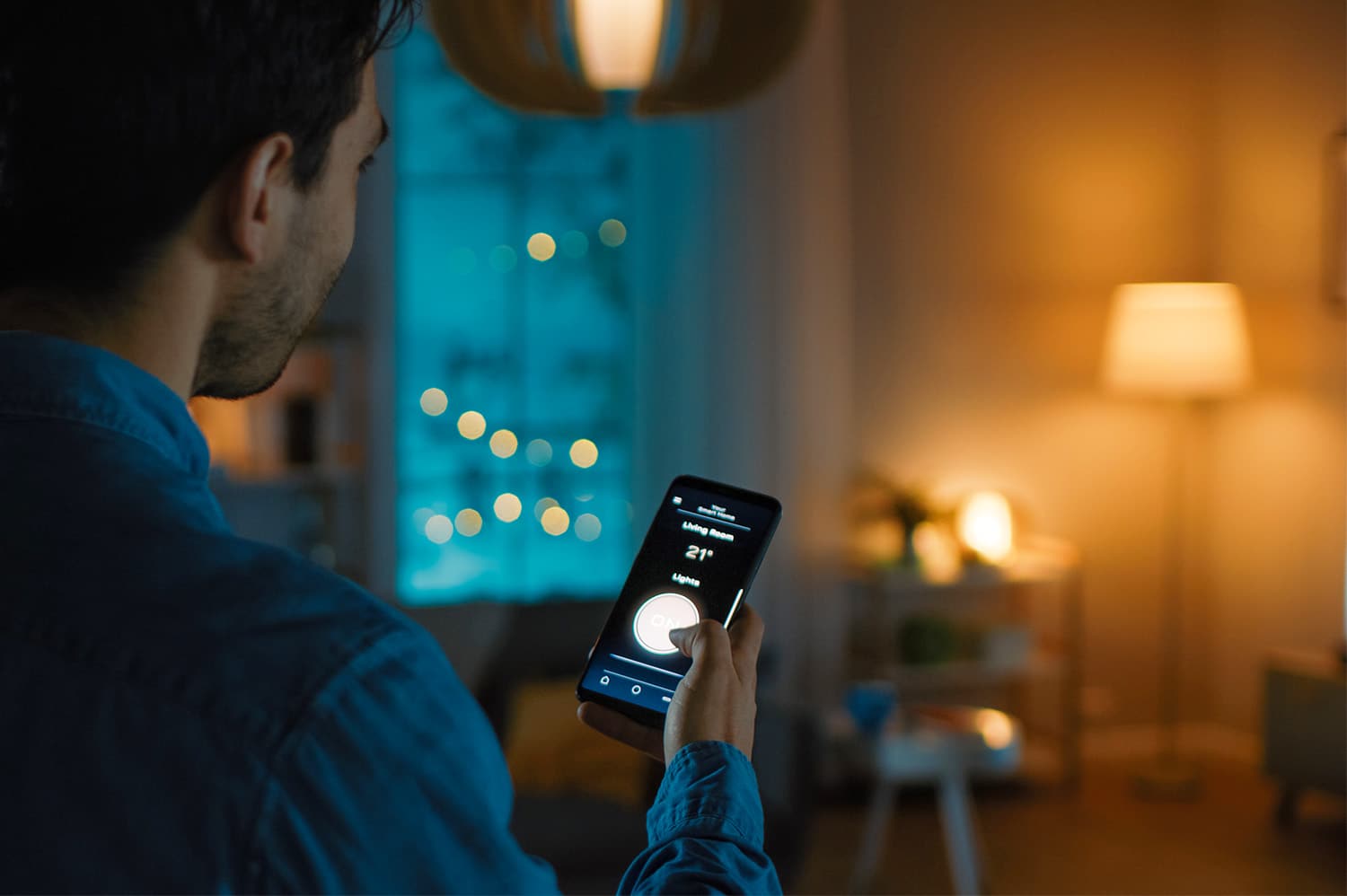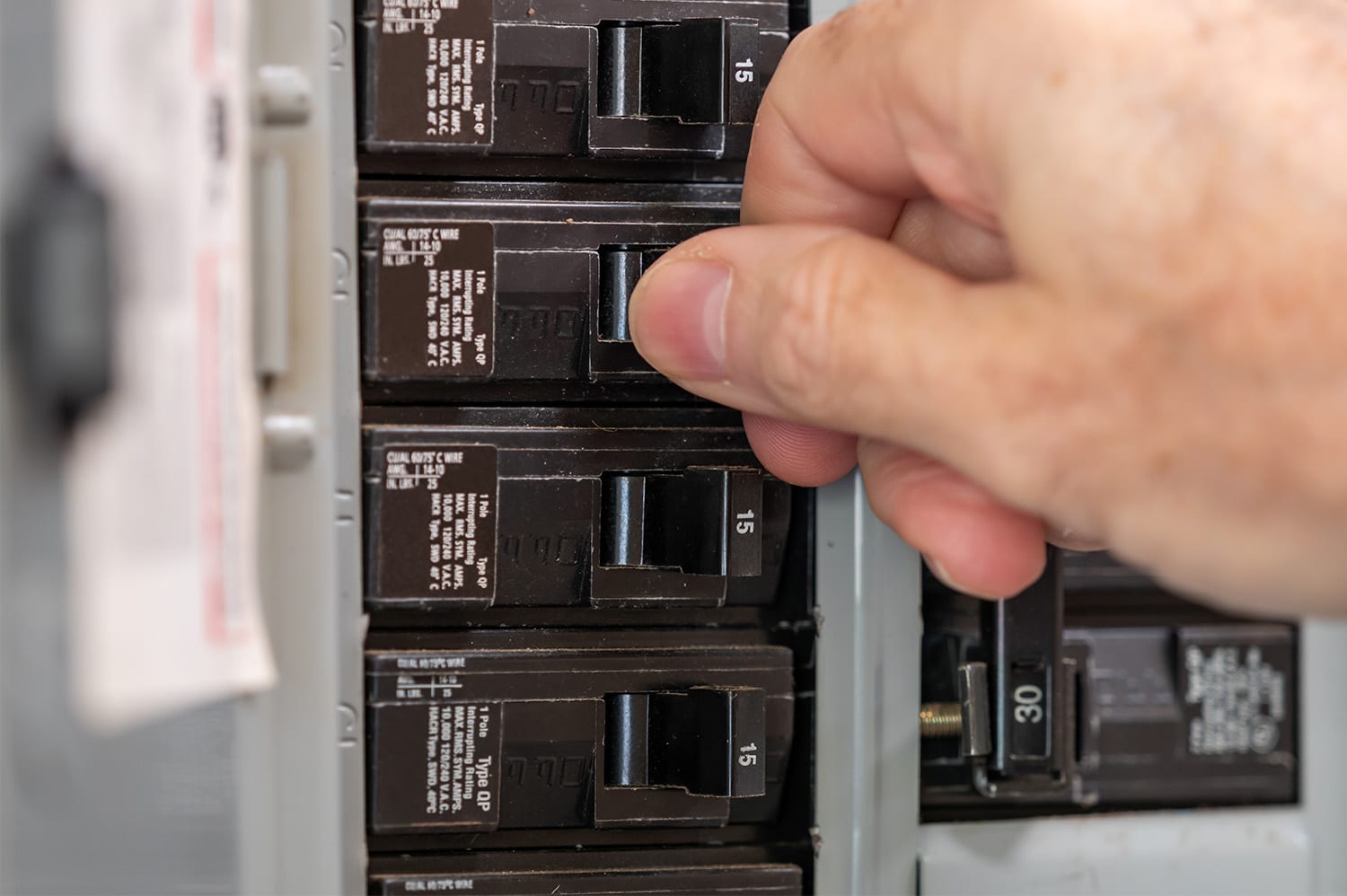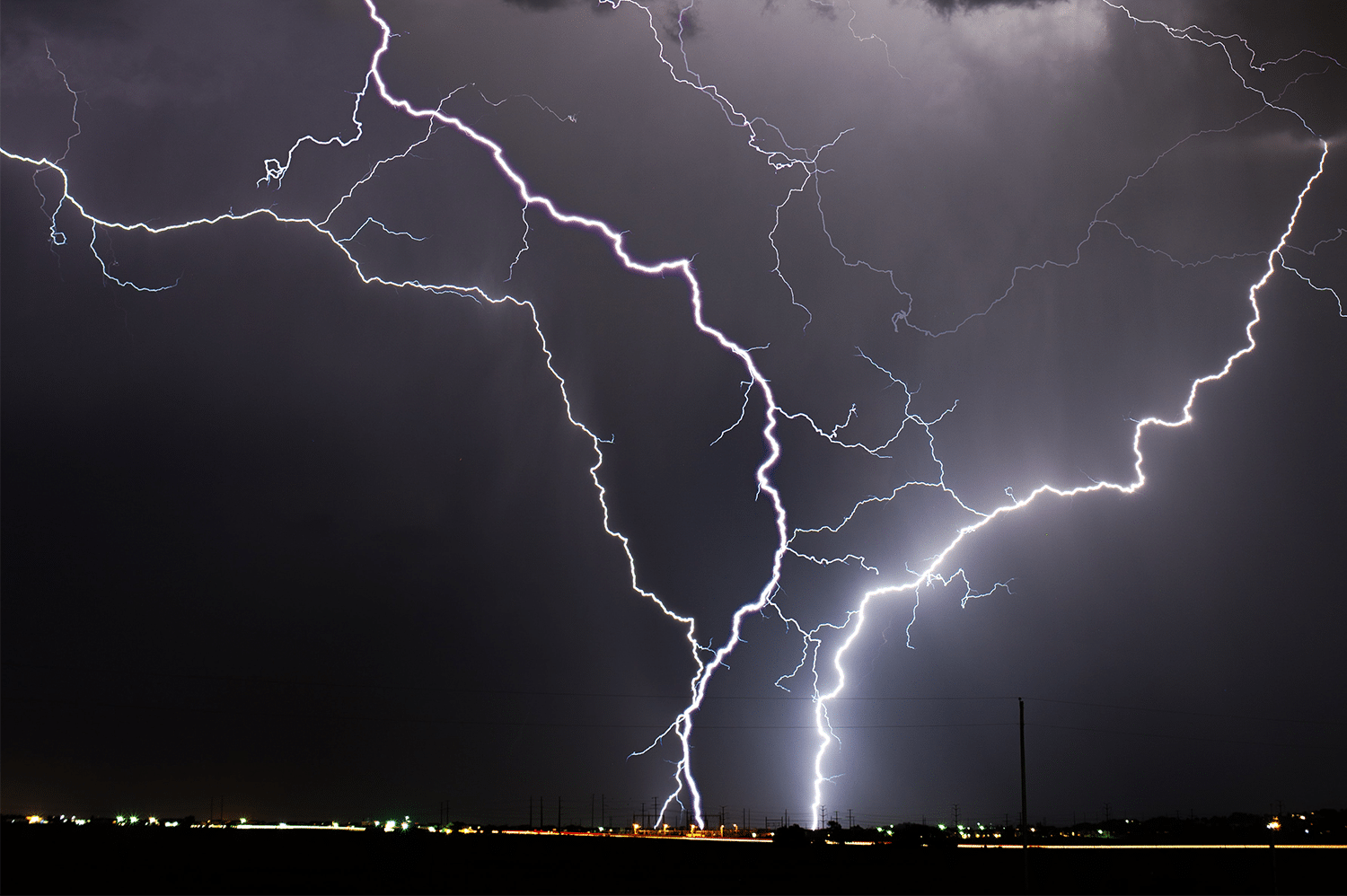
Power Surge Protection Tips for Your Home
Covered In This Article:
Although it only takes a second for a power surge to occur, it can cause serious damage to electronic devices, appliances, and outlets in a home. To help protect your home, here are our top power surge protection tips.
What is a Power Surge and What Causes One?
Just as the name suggests, a power surge is a surge of electrical power that’s higher than normal. They’re often unexpected and temporary but can degrade, damage, or destroy your electronics and appliances.
There are several reasons for a power surge to occur. Here are the most common causes:
- Electrical Overload. Electrical overloads happen when too much power is drawn from a single circuit. This commonly occurs from overusing an extension cord and plugging too many devices into the same circuit.
- Faulty Wiring. This is a potential internal cause of power surges, which are more likely to happen with damaged or exposed electrical wires. Faulty wiring isn’t always easy to see, especially if it’s located behind walls.
- Lightning Strikes. Lighting isn’t a threat to appliances directly. But it can wreak havoc by triggering a power surge. Lightning damage usually happens from a direct strike on power lines, which produces a large voltage. The electrical system has to accept the overwhelmingly excessive current without any other option. This creates a tremendous spike in voltage, which then causes a significant surge in power.
- Power Grid Failure. Any damage to a power grid can create a power surge. Particularly after a failed power grid is fixed, the jump in the electrical current when power is restored will often create a surge in power.
Power Surge Protection Tips
Now that you know what can cause a power surge, you need to know how to protect your home and electronics. Here are our top tips:
Inspect Your Wiring
Since faulty wiring can cause a surge, it’s important to be able to prevent it from happening. We mentioned before you can’t always see faulty wiring, but there are other signs to help you identify it.
The signs you should look out for are buzzing sounds or vibrations coming from an outlet, visible burn marks on an outlet, burning smells coming from an outlet, or frequently tripping circuit breakers. If you notice any of these signs, unplug your electronics and turn off power to the area if you can. Then, call in an electrician. They can identify and fix the issue so you don’t experience a power surge. To help prevent any faulty wiring scares in the future, have the electrician evaluate your wiring every once in a while to make sure everything is looking good.
Unplug Devices
A good practice to keep your most sensitive devices safe during a storm is to simply unplug them. Regardless of how advanced technology is nowadays, the voltage from lightning is always more than what your devices can handle. If you know a storm is coming and want to guarantee the safety of your most important electronics, then disconnect them from the line of power.
Install a Whole-House Surge Protector
Whole-home surge protectors are able to protect your home from any unwanted leap in power. They’re installed in the heart of your home’s electrical system, the main panel box, and are designed to stop power surges at the panel before they enter the rest of your home. This not only safeguards every outlet in your home but can also “clean up” minor fluctuations in energy that occur throughout the day.
Protect Your Home from a Power Surge
Power surge protection shouldn’t be taken lightly, especially because a power surge can happen out of nowhere. If you need to get your home’s wiring checked or wish to install a whole-home surge protector, contact us at Speck Family Electric. Our trusted team of electricians will help ensure that your home is protected. Check out our service locations here.
Share this article
Follow us
Latest articles
February 10, 2025
March 4, 2024
February 5, 2024
